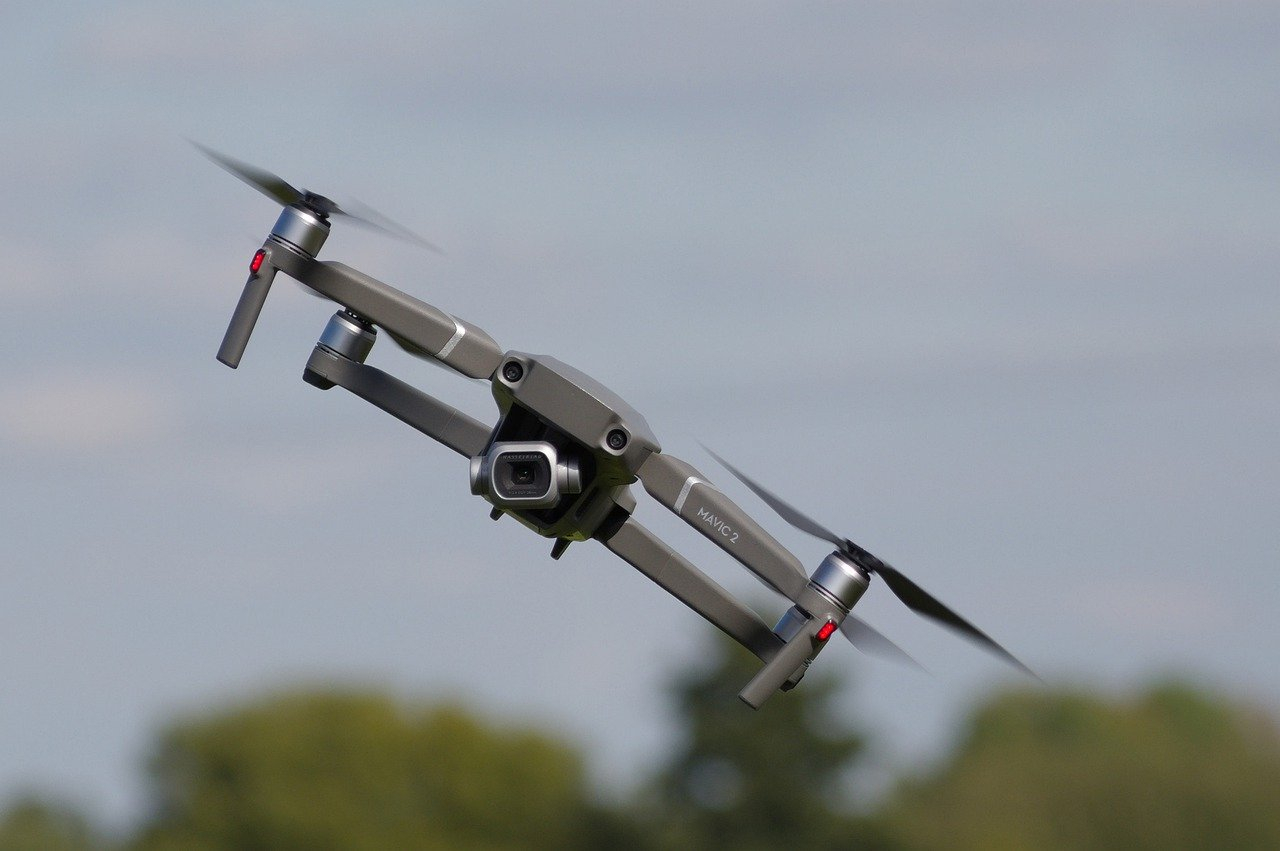Utilizing drones to disperse larvicides
Ottawa Public Health is leveraging drone technology in its battle against mosquitoes. The drones, supplied and operated by GDG Environment, are capable of carrying and dispersing larvicides over large areas. According to Richard Trudel, a scientific adviser for GDG Environment, the size of the area to be treated determines the size of the drone used. The company’s larger drones can spread larvicide in a six-meter radius, making them particularly effective in reaching difficult-to-access areas.
“It’s really sophisticated, it’s very efficient. It’s meant to blow product down and put it in the right place,” said Trudel, highlighting the precision with which these drones can operate.
But killing mosquito larvae is only part of the solution. The program also includes testing mosquito populations to detect the presence of the virus. As of this year, five groups of mosquitoes and one person in Ottawa have tested positive for the West Nile virus.
The threat of West Nile virus
West Nile virus is primarily transmitted by the northern house mosquito. While only a small percentage of those bitten by an infected mosquito will contract the virus, about 20 percent of those infected experience flu-like symptoms, including fever, headache, muscle aches, and rashes. In less than one percent of cases, the virus can lead to severe illness, affecting the central nervous system. The risk of severe illness is particularly high among older adults and individuals with weakened immune systems.
Covering land and sky: comprehensive monitoring efforts
The OPH’s efforts extend beyond the use of drones. On the ground, they are actively monitoring and treating mosquito populations in residential areas. Allyson Hopkin, a third-year biology student working with OPH, is part of a team using bicycles equipped with pesticide dispensing devices to treat residential storm drains. The device also includes a paint-spraying attachment that marks treated areas, ensuring that staff can track which storm drains have been addressed.
According to Allison Samuel, OPH public health inspector and lead for the West Nile virus program, the larvicides used are safe for humans, pets, and the environment. “I don’t want to get too technical, but VectoLex, Methoprene, and BTI, these are products that have been approved by MCP, the Ministry of Environment, and they are known to be environmentally friendly,” Samuel explained.
Community involvement in prevention
Beyond the technological measures, Ottawa residents can also play a crucial role in preventing the spread of the virus. Using insect repellent, wearing long clothing, and avoiding outdoor activities during dusk and dawn can significantly reduce the risk of mosquito bites. Samuel also emphasized the importance of eliminating standing water around homes, as mosquitoes require water to breed. Even small amounts of water in dog bowls, garbage cans, or recycle bins can become breeding grounds for mosquitoes.
Toufik Serhan, an Ottawa resident, highlighted the challenges mosquitoes present for his family, particularly for his children who have had severe reactions to bites. He recalled an incident where one of his children had such a severe reaction that it required a hospital visit and antibiotics. Serhan expressed his appreciation for OPH’s efforts, hoping that the continued use of larvicide will help his family live more peacefully with the ever-present threat of mosquitoes.
Ottawa’s innovative use of drone technology, combined with traditional monitoring methods and community involvement, represents a proactive approach to managing mosquito populations and preventing the spread of West Nile virus. By covering both land and sky, Ottawa Public Health is taking comprehensive steps to protect its residents from the potential dangers posed by mosquitoes. As these efforts continue, the hope is that Ottawa’s approach will serve as a model for other cities facing similar challenges, ensuring a safer and more enjoyable summer for all.


 Six teams from around the world converged in Taipei on December 10, 2025, for the global finals of the “Go
Six teams from around the world converged in Taipei on December 10, 2025, for the global finals of the “Go The MedsCheck program in Ontario has entered a period of intense scrutiny as newly released financial records and survey findings
The MedsCheck program in Ontario has entered a period of intense scrutiny as newly released financial records and survey findings For many first-time wearers, stepping into the world of black wigs can be both exciting and a little overwhelming. Whether
For many first-time wearers, stepping into the world of black wigs can be both exciting and a little overwhelming. Whether

